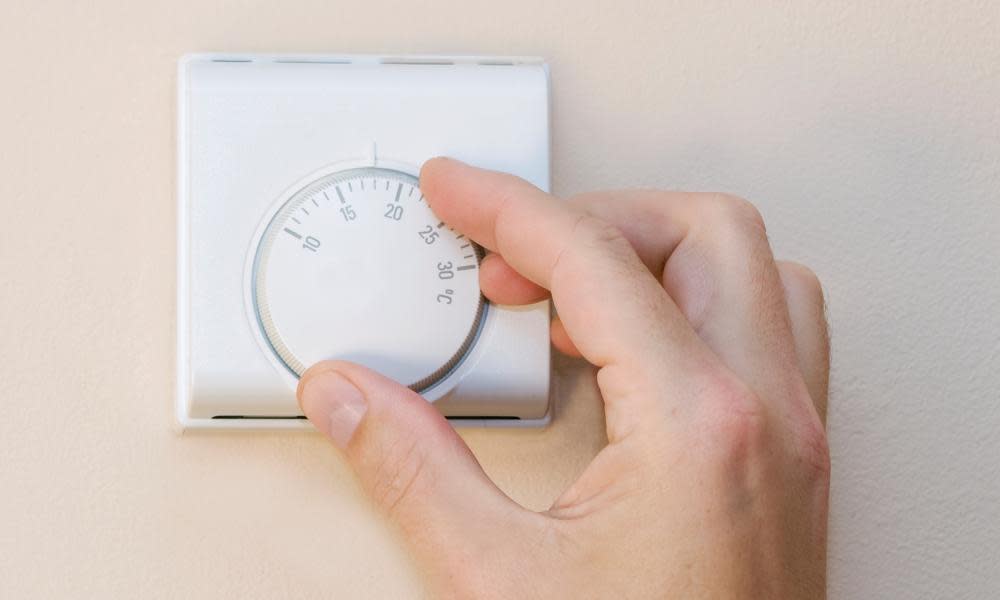Dispelling the myths about hydrogen and heating

The letter from Prof Gordon E Andrews responding to an article covering my recent research on hydrogen and home heating contains a number of errors 28 September). First, he states that the International Energy Agency and the UK government believe that “hydrogen should be a major part of the road to net zero carbon, as it is the only way to decarbonise heating in the next 20 years”. That is incorrect. In the IEA’s Net Zero 2050 report, hydrogen makes up less than 2% of energy demand in buildings in 2050. And, as my study showed, all independent studies do not see a significant role for hydrogen.
Prof Andrews says that it is impossible to retrofit the 24m properties heated by gas with heat pumps in a sensible timescale, stating that 27,000 heat pumps are installed every year. But the government has a target for 600,000 heat pumps to be installed every year, as outlined in the Heat and Buildings Strategy.
The letter also states that such a conversion to “green hydrogen” would increase bills by 4.5%. However, this claim is misleading for two reasons. First, the 4.5% increase would be paid by all UK gas consumers to fund hydrogen in Leeds only. The costs behind the 4.5% also refer to “blue” hydrogen, produced from unsustainable fossil gas, which has clearly increased in price since the 2016 report.
Finally, Prof Andrews says that the IEA shows that green hydrogen would cost 3p/kWh by 2030. The latest IEA report states that green hydrogen might be produced at a price of 3.5-12.1p/kWh in the most optimistic scenario by then. But this does not include the price of transport and distribution, which adds significant costs.
Dr Jan Rosenow
Director of European programmes, Regulatory Assistance Project
• Have an opinion on anything you’ve read in the Guardian today? Please email us your letter and it will be considered for publication.

 Yahoo Movies
Yahoo Movies 
